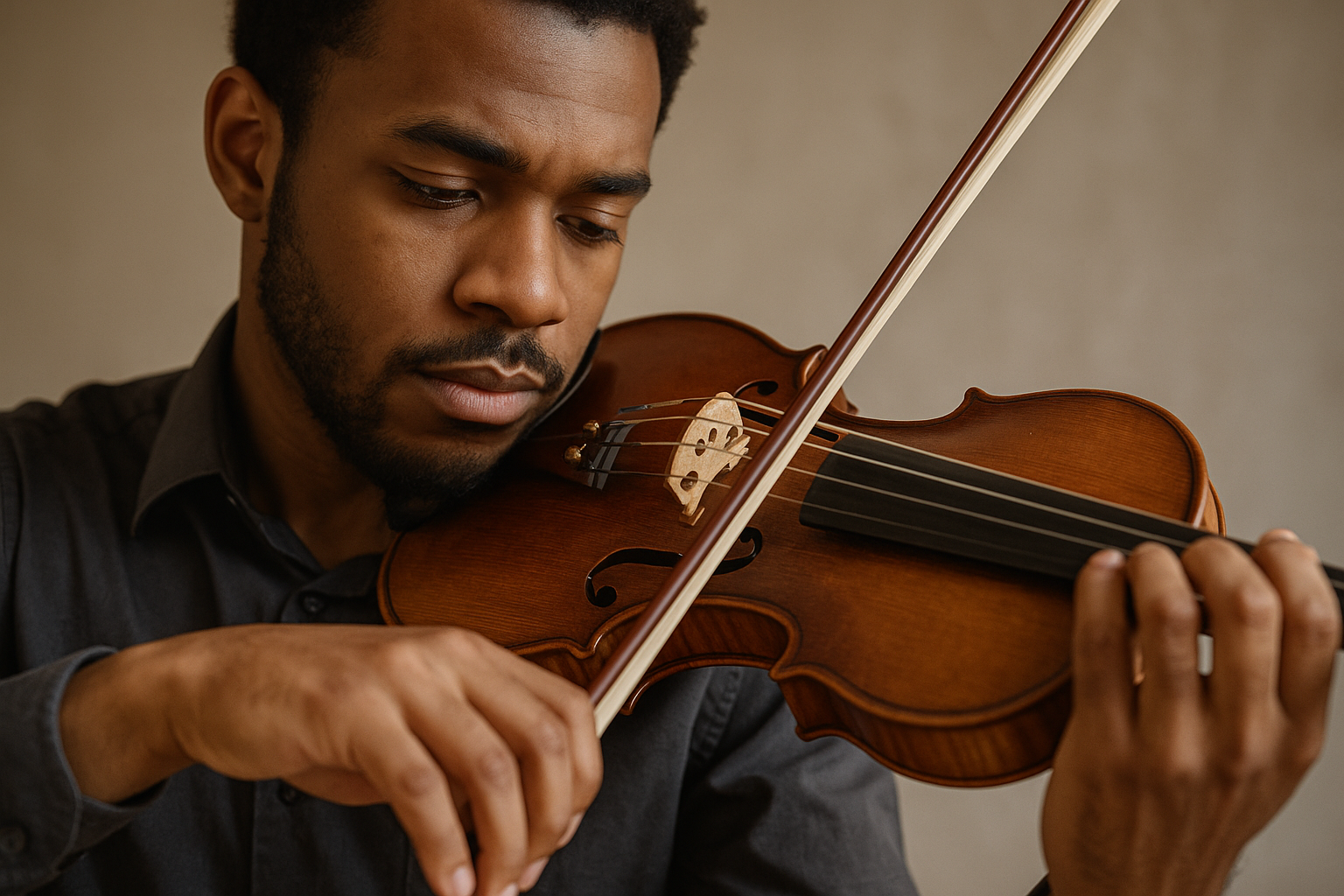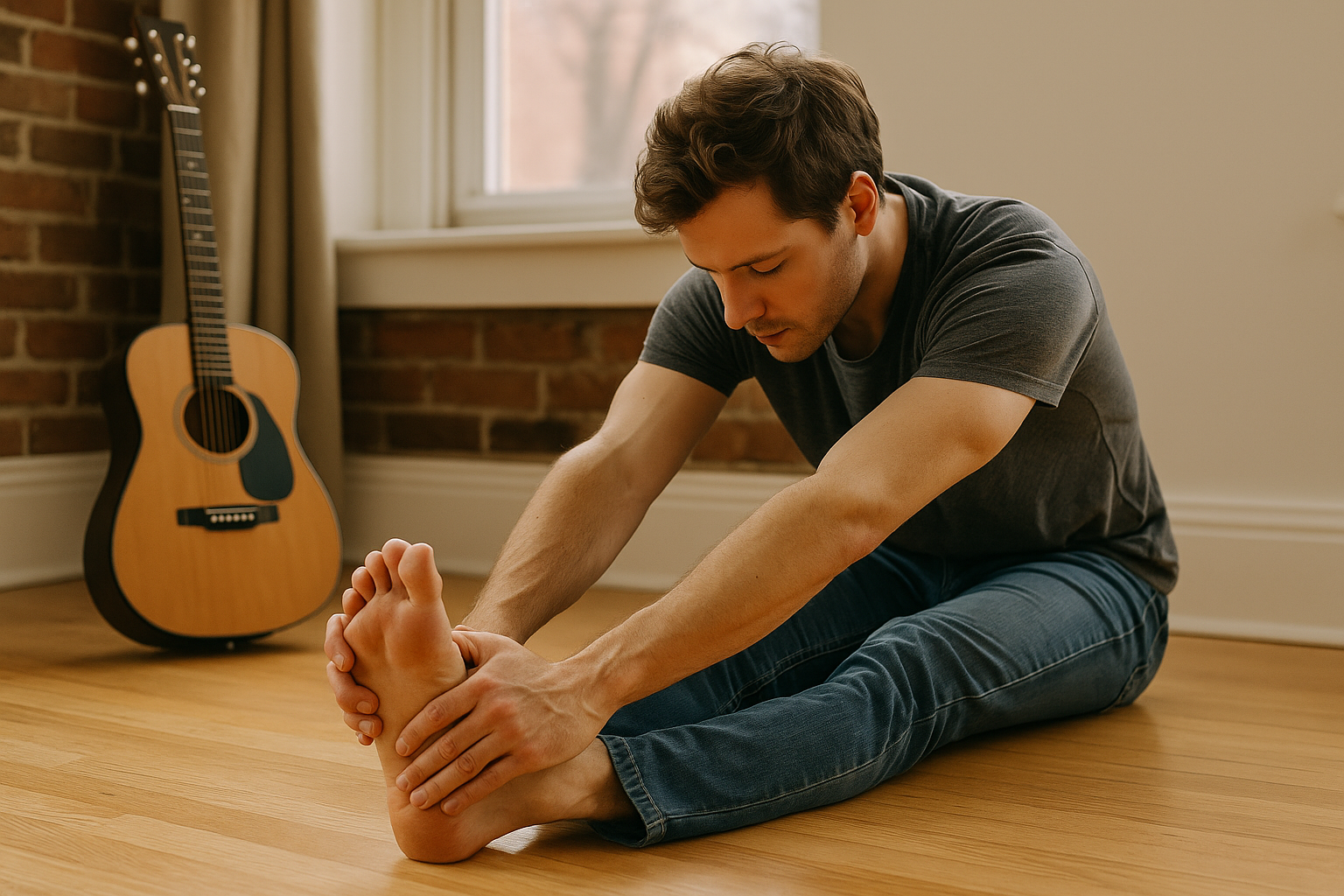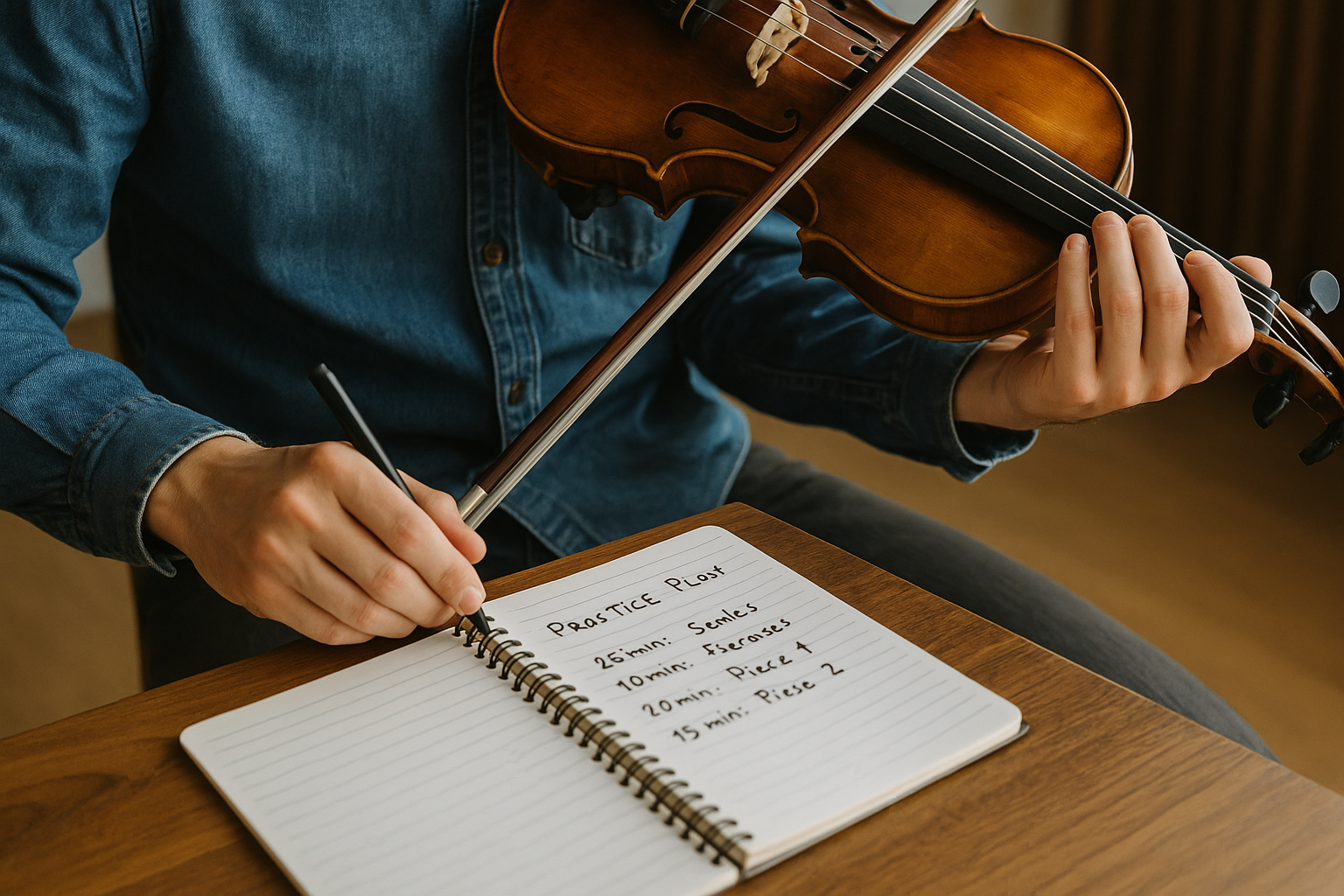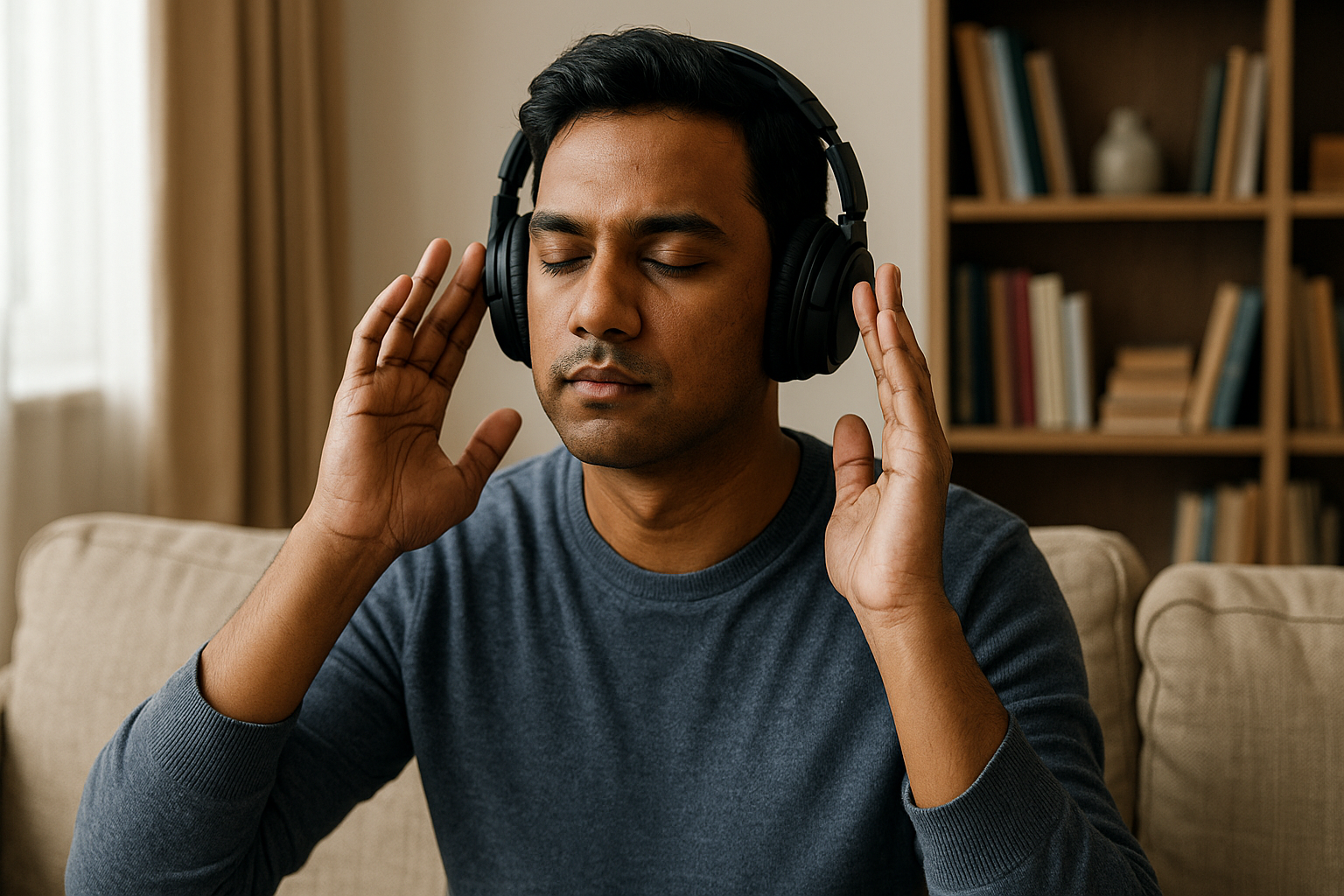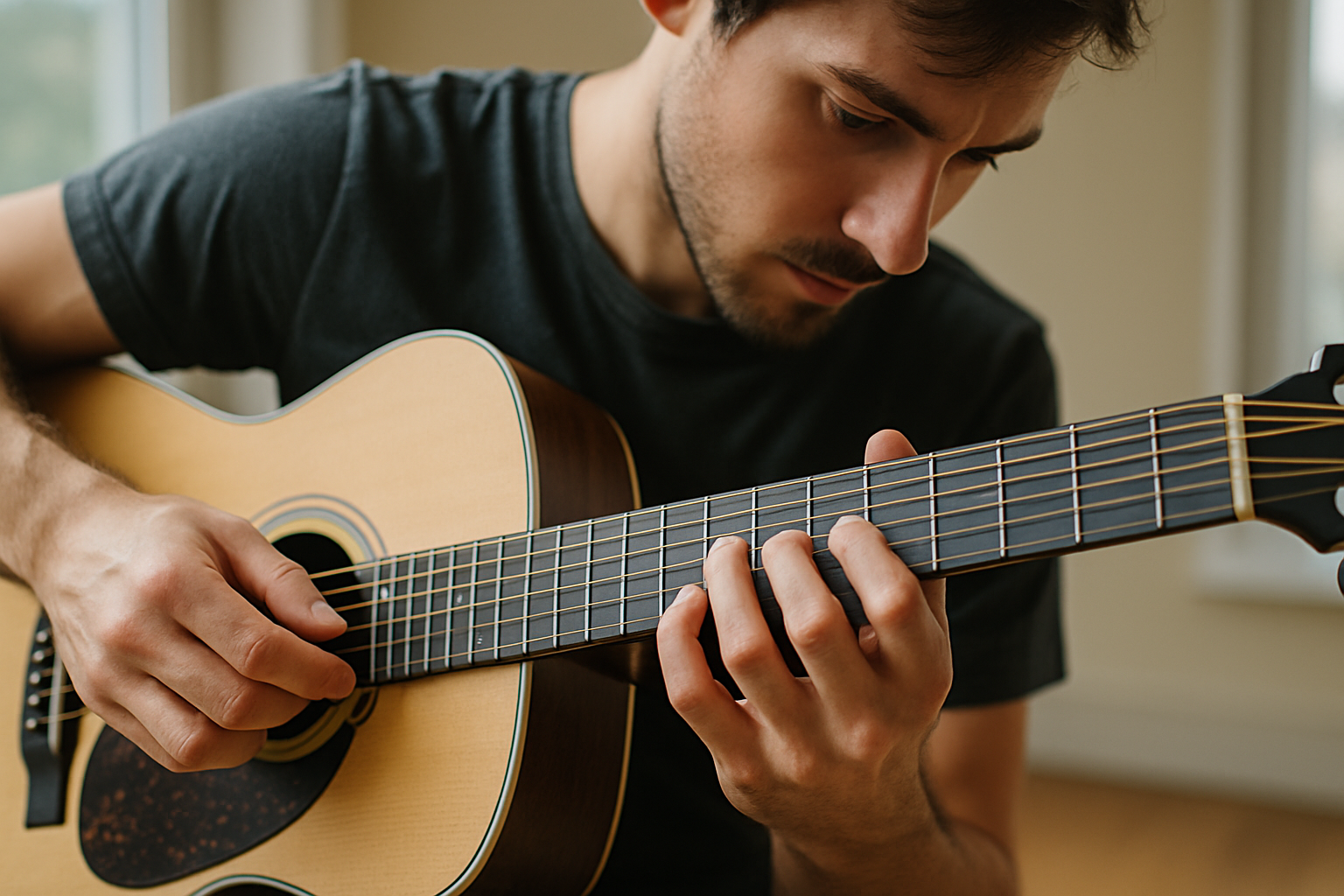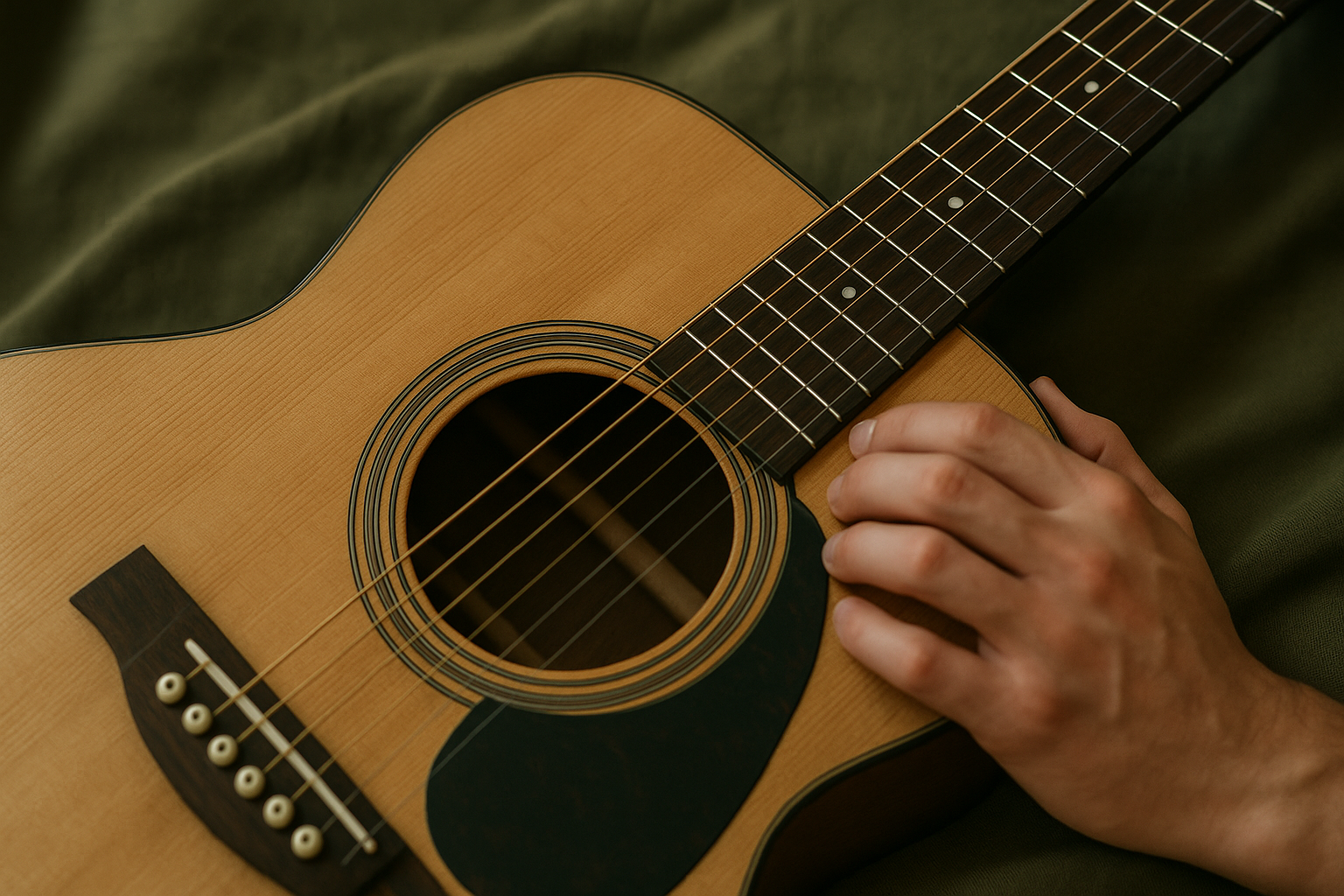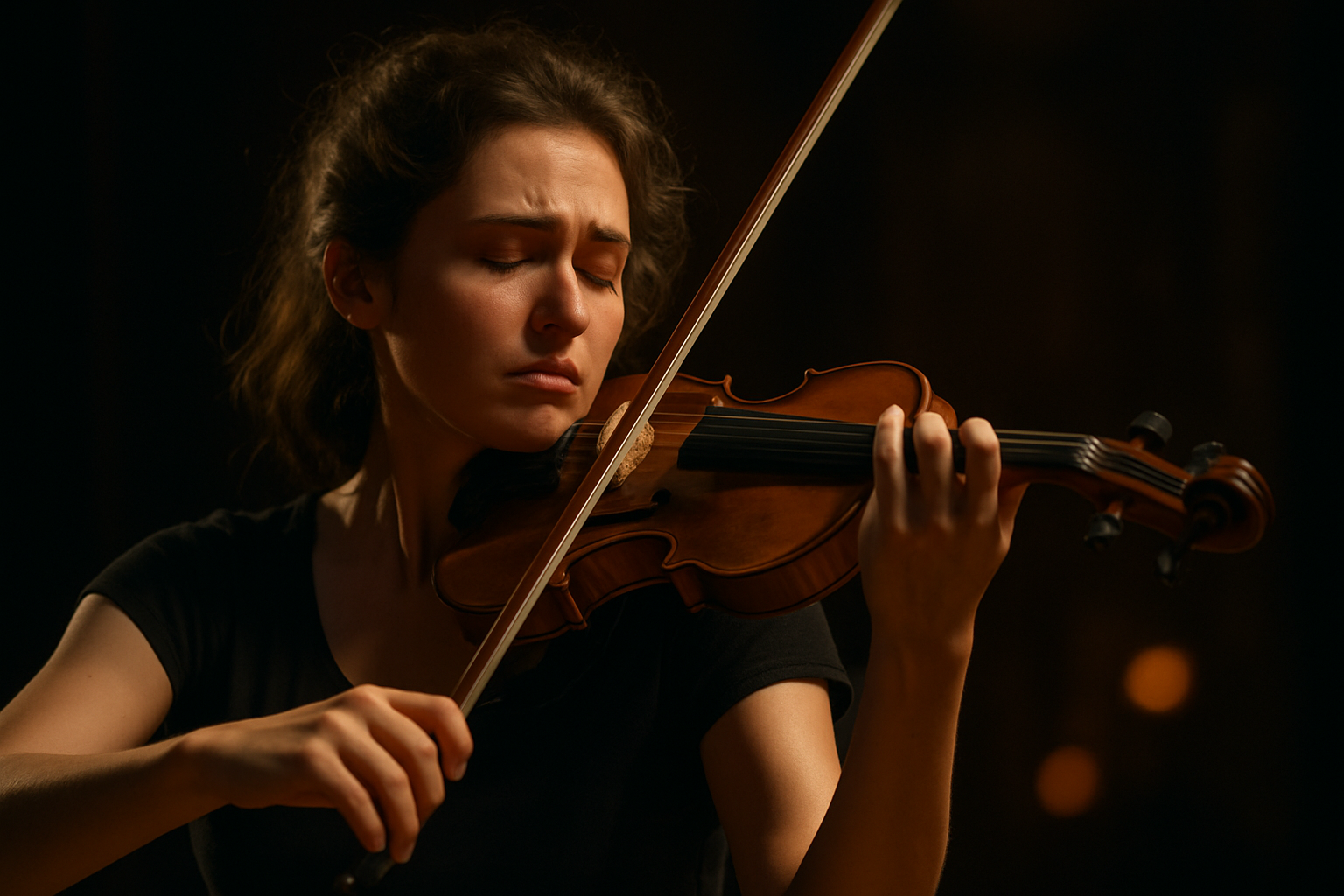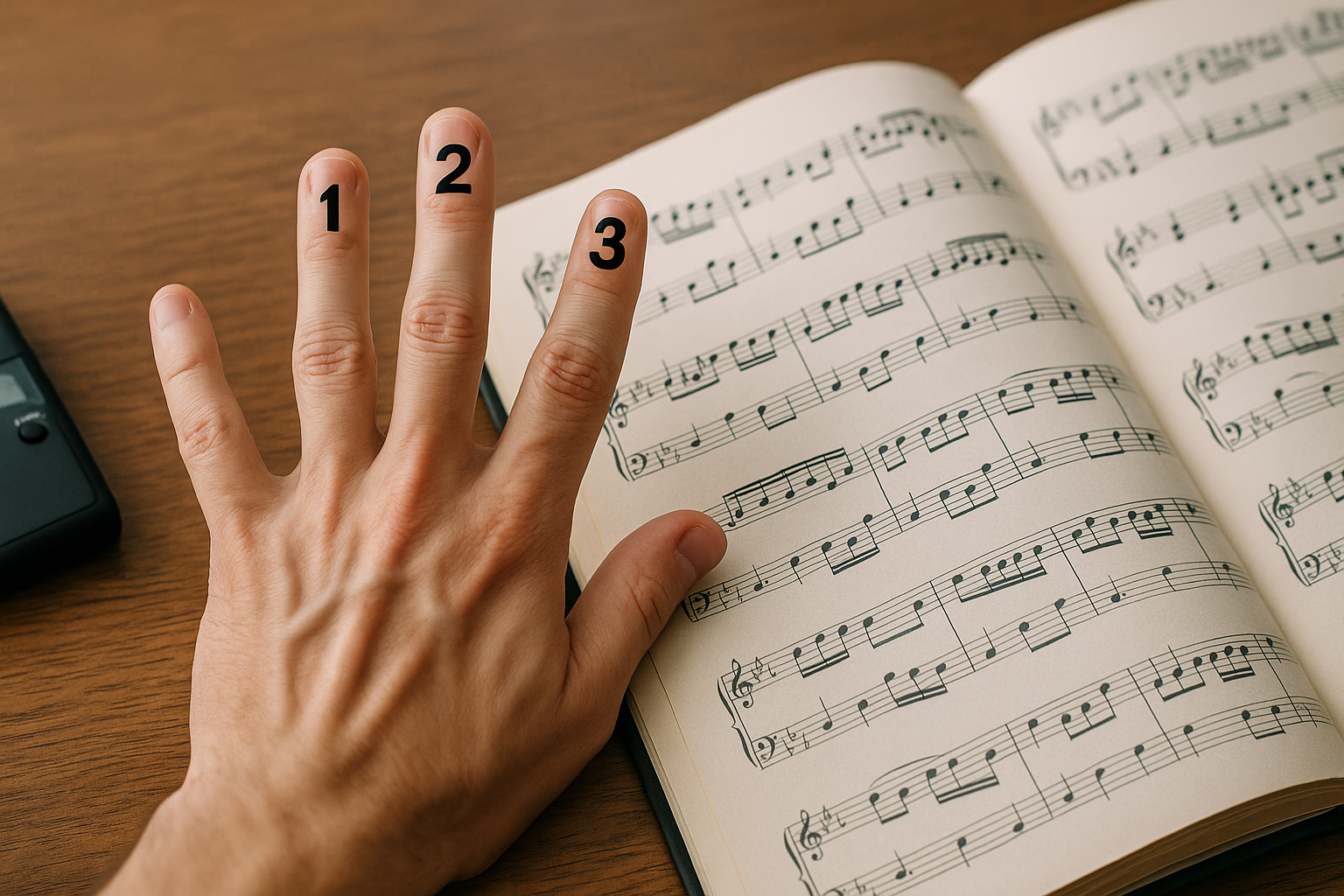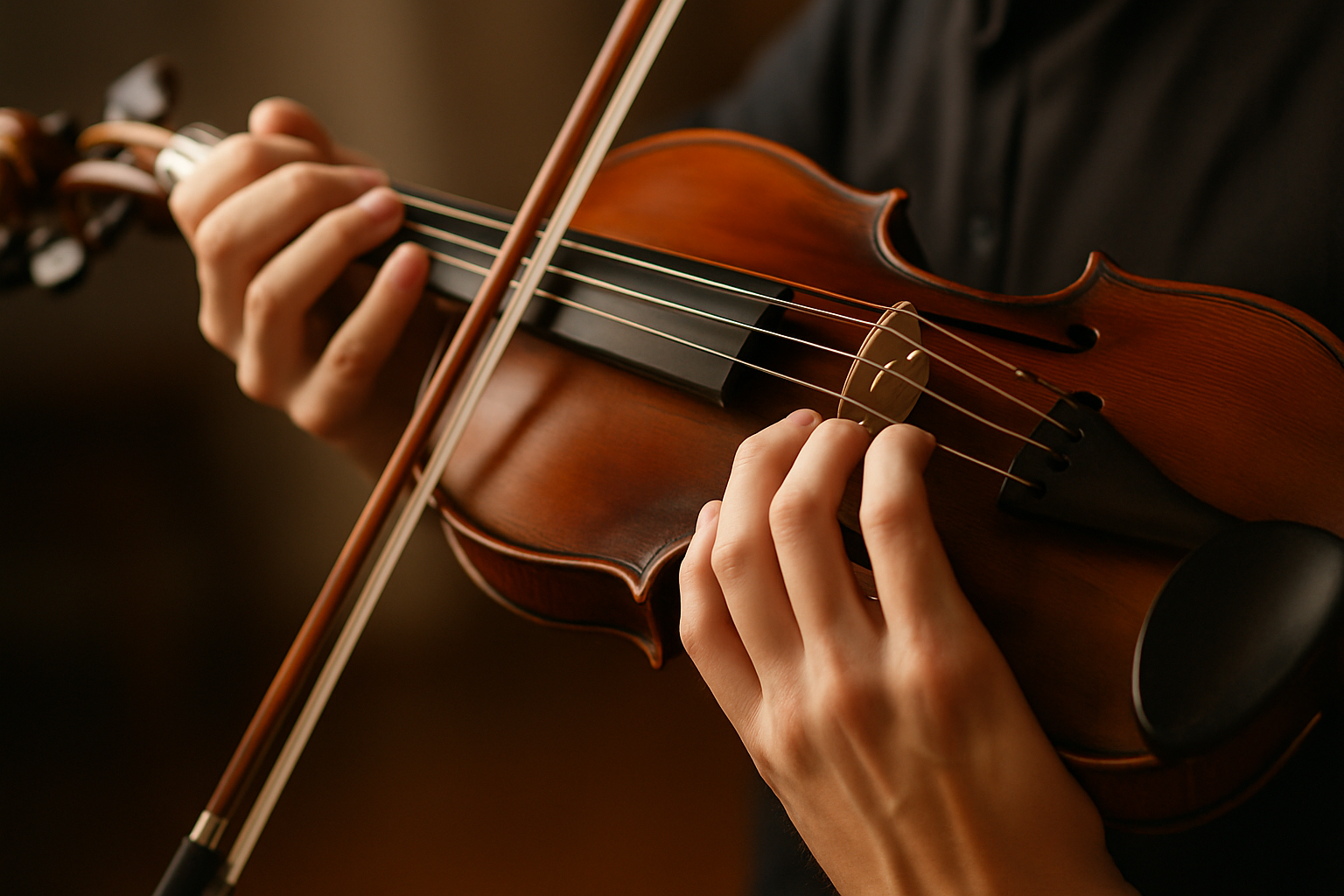What Is Musical Articulation and How to Practice It
Music is more than just playing the right notes at the right time. How those notes are played—whether smooth, sharp, connected, or detached—makes all the difference in how a piece is perceived. This expressive element is called articulation, and mastering it is one of the keys to turning mechanical playing into true artistry. For beginners, … Ler mais
